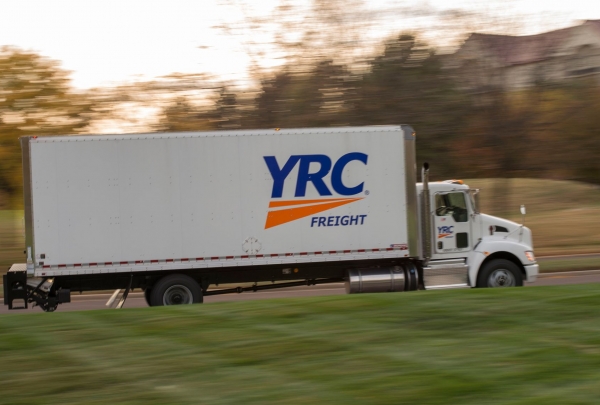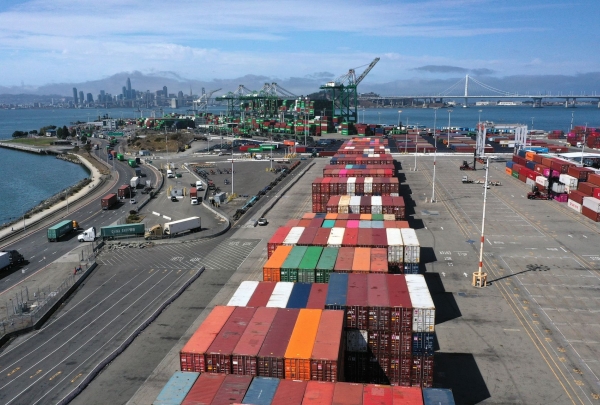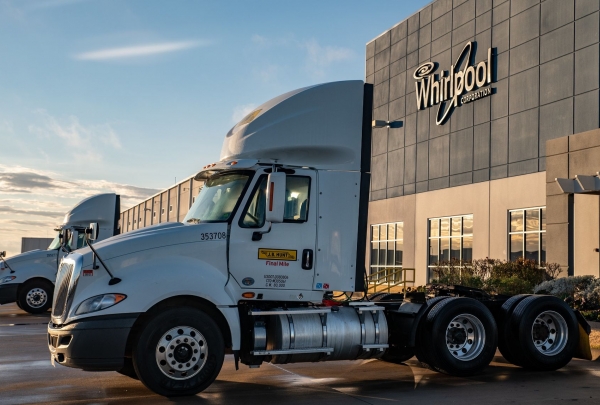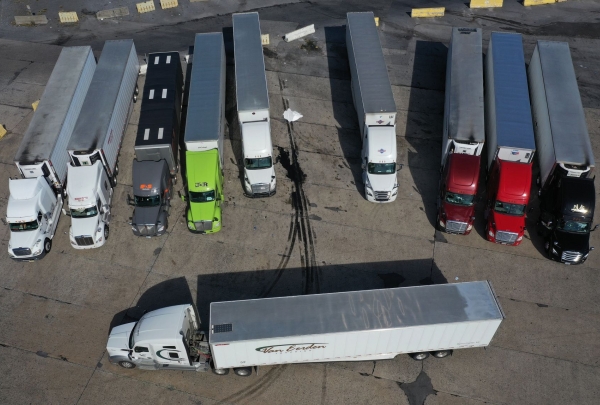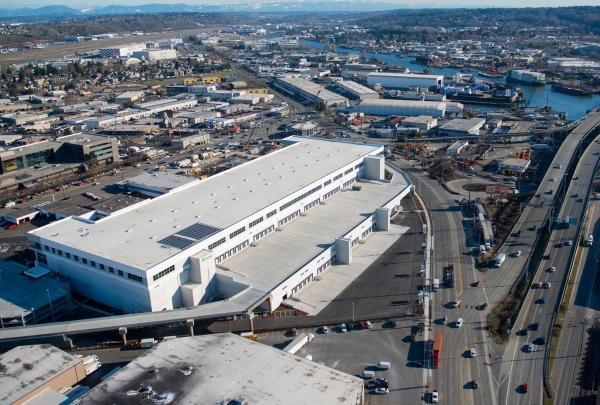WELCOME TO BBS GLOBAL TRADE
At BBS GT, we connect brands with one of the most dynamic FMCG markets in Southeast Asia. As your full-service CPG partner, we provide sourcing, private label, logistics, and go-to-market solutions tailored to your needs.
Our team combines market expertise, a trusted supplier network, and an agile mindset to solve challenges and deliver results. We focus on building sustainable, long-term partnerships — helping your business grow with confidence.
We believe success starts with people. Each partner has a unique story, and we are here to help bring it to life and share it with the world.
0
countries covered
countries covered
0
Over + Clients Satisfied
Over + Clients Satisfied
0 %
Professional Service
Professional Service
0
Continents Covered (AMERICA, EUROPE, ASIA)
Continents Covered (AMERICA, EUROPE, ASIA)









